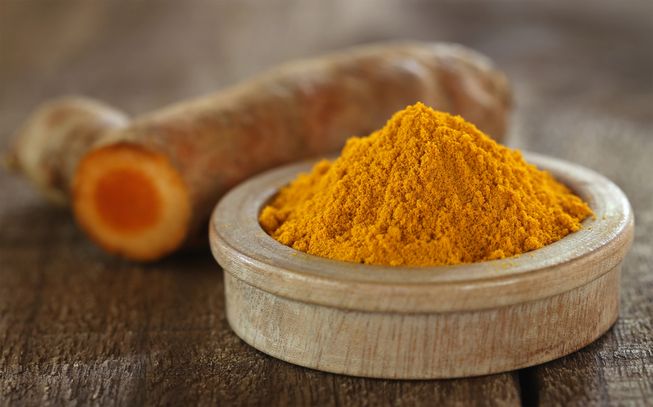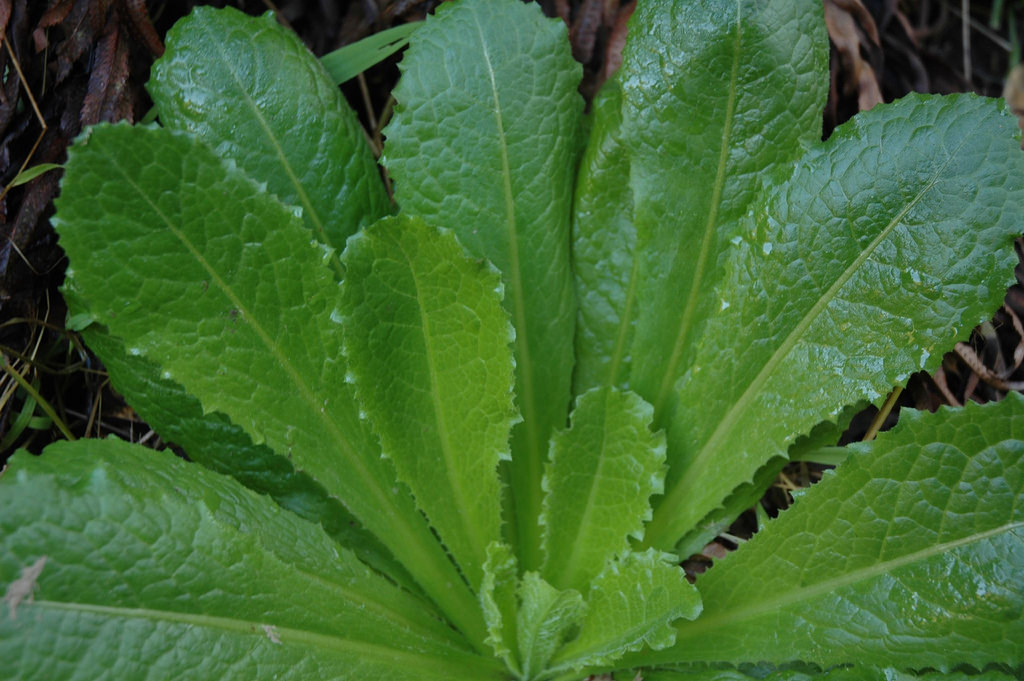
Advertisement
Our mental health is an integral component of our overall health. Even if our bodies are in top shape, we risk letting it go to waste if we’re just stuck in bed battling debilitating mental disorders like depression.
Depression rates have soared over the past decade. But while this brings to light just how prevalent this “modern” affliction is, patients still have little to no options for treatment outside of antidepressants.
But treating depression shouldn’t mean popping one pill after the other. Natural health practitioners find that there are remedies and holistic treatments that can help people lead fulfilling lives in spite of their depression.
Herbal remedies for depression
With patients looking for more natural methods of managing their depression in the long run, alternative medicines like herbs are fast becoming popular. Some of the most effective ones for depression include:
- St. John’s wort (Hypericum perforatum) – Despite its botanical classification as a weed, St. John’s wort is a powerful medicinal plant associated with depression. In particular, some studies show that St. John’s wort can help treat mild depression and its therapeutic effects are similar to those of antidepressants. St. John’s wort can be consumed as an herbal tea or as a supplement.
- Chamomile (Matricaria) – More than an aromatic herbal tea, chamomile is a well-known medicinal plant species hailed for its soothing and relaxing effects. In fact, clinical research shows that chamomile could also be a potential natural treatment for depression thanks to its three central constituents: apigenin, luteolin and bisabolol. Chamomile is also sold as an herbal supplement, not just tea.
- Saffron (Crocus sativus) – Saffron is a sweet and fragrant spice (the most expensive one, too!) made from the flower of C. sativus, or the saffron crocus. It has been nicknamed the “sunshine spice” not just because of its bright crimson color but also because of its mood-enhancing effects. In fact, some studies show that saffron supplements are just as potent as antidepressants but without causing side effects.
- Lavender (Lavandula) – More than just a fragrant herb, lavender is believed to have a long list of medicinal and therapeutic uses. For instance, research suggests that lavender essential oil might be useful in treating anxiety and insomnia. Its soothing effects can also help regulate mood swings associated with depression.
- Ginseng (Panax) – Natural healers have been using ginseng for millennia to treat a host of ailments, from asthma to diabetes. Popular in traditional Chinese medicine, ginseng is also thought to minimize the harmful effects of stress and inflammation, which are implicated in the onset of depression.
Tips for managing depression
Despite being a mood disorder, depression can be just as debilitating, cumbersome and even life-threatening as chronic illnesses like cancer. Depression can make doing the simplest chores difficult. It can also cause people to isolate themselves from friends and loved ones.
While “healing” from depression isn’t the same as healing from a cold or recovering from a fracture, there are some things patients can do to get on top of their depression. If sustained long enough, these small changes can become habits that promote optimal health in the long run.
- Get moving – Exercises like walking, dancing and aerobics can make it easier to get out of bed in the morning. Even better, take it outdoors. Fresh air and sunshine can work wonders for our breathing, blood circulation and general disposition.
- Build a support network – Depressed people tend to retreat into their shells, shutting out strangers and loved ones alike. But more often than not, this does more harm than good as it promotes feelings of isolation. For some people, reducing that sense of isolation means reaching out to loved ones and family members for support. For others, it might mean joining a support group to learn from other people experiencing the same thing.
- Get a handle on chores – Depressed people are often listless, with little to no interest in hobbies, let alone chores. This disposition makes it easier to neglect chores like washing the dishes. But neglecting chores and seeing the ramifications of that neglect can foster feelings of worthlessness. To keep chores from becoming too overwhelming, start small and slow, working on one chore at a time.
- Learn to manage stress – In order to overcome depression, it’s important to snuff out its fuel source: stress. There are lots of different strategies for coping with stress and reining it in when needed, such as meditation, listening to music or getting back into old hobbies.
- Maintain a sleep schedule – Depression never occurs without sleep problems. Some people sleep too little due to depression-induced insomnia, while others might sleep far too much due to feelings of listlessness. You’re bound to end up with mood swings, whichever the case. To avoid exacerbating depression, get on a better sleep schedule and practice healthier sleep habits.
- Create a wellness “toolbox” – This doesn’t entail getting an actual toolbox and filling it with comfort foods and mementos. Instead, a wellness toolbox is a mental list of the things you like to do when you’re happy. This could include things like playing with your pet, playing an instrument or taking a hot bath. When you’re having a rough, go back to this toolbox and choose one activity to try.
- Eat balanced meals on time – The foods we eat can have a direct impact on how we feel. The role of food is even greater in people suffering from depression. Sweets, processed foods and alcohol can all affect mood and cause hormonal imbalances. Skipping meals, a practice common among depressed individuals, can also trigger mood swings and sustain fatigue. To combat depression, strive to eat a balanced diet, cut back on junk foods and avoid going too long between meals.
- Challenge negative thinking – Depression feeds off of negative thinking. It also causes people to see things in a negative light, including themselves. Therefore, resisting those negative thoughts can help boost mood and lighten the burden of depression. To challenge negative thinking patterns and beat pessimism, read self-help books, talk to friends or consult with trained professionals.
No matter how debilitating depression can get for some people, the good news is that there are natural remedies and holistic forms of treatment that we can tap into to help us better deal with depression.
Sources:
Advertisements







